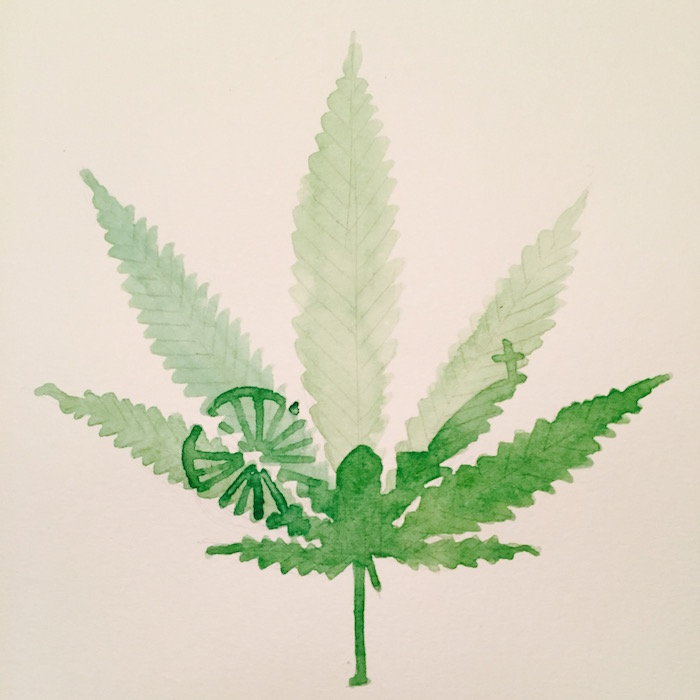Legal marijuana is set to hit stores and online markets country-wide in less than a month, and many Canadians are eagerly awaiting this change. Amidst the excitement, Quebec is taking a sideways attitude toward legalization. Quebec’s hesitance to embrace the benefits of legal cannabis has resulted in half-baked rules and regulations regarding the product. By ignoring the potential of legal marijuana, the provincial government is taking a poorly researched and ignorant approach to legalization.
On Oct. 17, the Société québécoise du cannabis (SQDC) will open in only four retail outlets in Greater Montreal. A subsidiary of the Société des alcools du Québec (SAQ), SQDC shops are the only retailers permitted to sell marijuana in the province. McGill students have one reason to rejoice: One of the four dispensaries will be located between the Peel and McGill Metro stations, minutes from campus. Still, the limited locations leave entire swaths of the island dry. Four dispensaries will not have the capacity to service the entire population of Montreal, which will hinder the provincial government’s goal of undermining the black market and stamping out illicit drug trade.
Quebec’s attitude is diametrically opposed to that of other provinces in Canada, namely Ontario, which predicts tax revenue for weed sales at $130-180 million a year, and is allowing private retailers to sell the product in their own shops as of 2019. Quebec’s stance on legalization is rooted in anti-marijuana rhetoric, such as Public Health Minister Lucie Charlebois’s claims that, if Quebecers were allowed to grow their own cannabis, children would sneak into their grow-ops and eat the plants.
The provincial and municipal governments are enacting regulation upon regulation in preparation for legalization. Montreal announced a new cannabis contraband squad, created to track and squash illegal weed sales. Quebec banned the sale of clothing and products featuring marijuana leaves or references. This over-restriction of cannabis is rooted in fear rather than proven science.
While the government claims that it introduced these regulations to limit children’s exposure to the substance, there are more effective ways of achieving this goal than arbitrary restrictions on something as trivial as clothing. Quebec officials should raise the age to 19, 21, or even 25 to safely limit exposure to teenage brains instead. Alternatively, the province could place dispensary locations farther away from schools and CEGEPs—the Plaza St-Hubert dispensary location is less than two blocks from CEGEP Marie Victorin.
Opening more than four government dispensaries in the city, or even privatizing the industry as a whole, would be far more effective in quelling the black market, and would allow for real revenue to be generated for the city and greater Quebec. Instead, the province is paying insufficient attention to the more important dangers of marijuana usage—such as its potentially negative effects on developing brains—and half-heartedly focusing on minutiae, blind to the potential benefits of legalization.
Quebec’s marijuana legislation is too restrictive in the wrong ways, and too lax in areas which require real regulation. It is poorly researched and neglects the legal marijuana industry’s potential. The province is disregarding significant potential revenue, opting instead to legalize halfway. Quebec needs to follow the examples of Ontario or British Columbia and start considering the benefits that marijuana legalization poses.







